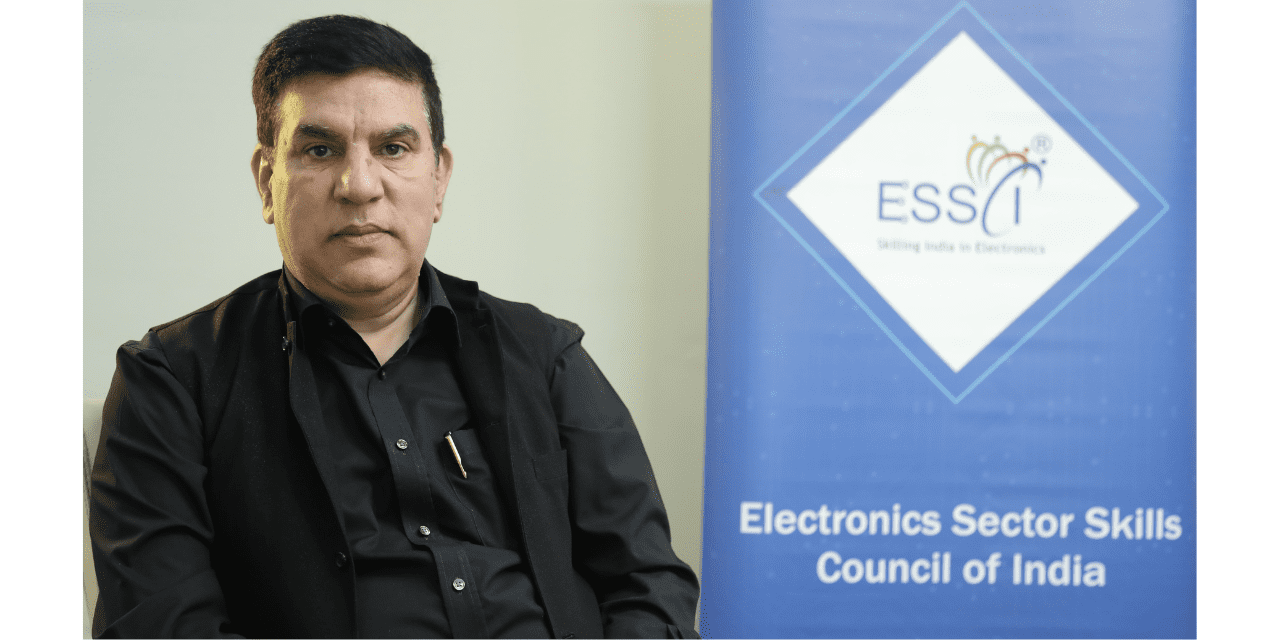India’s transportation landscape is undergoing a massive shift, with electric vehicles (EVs) emerging as the cornerstone of a cleaner, smarter future. Backed by transformative government policies like the FAME initiative and the PLI scheme for Advanced Chemistry Cell battery production, the nation aims to reach 30% EV penetration by 2030. Meeting this target requires a new generation of skilled workers who understand the intricacies of battery systems and e-mobility technologies.
ESSCI’s Tailored Skill Development Initiatives
To cater to this growing need, the Electronics Sector Skills Council of India (ESSCI) has launched focused training programs designed specifically for the EV sector. These initiatives are built to equip individuals with practical, in-demand skills across various functions such as manufacturing, design, and maintenance of electric vehicle systems.
Among the standout qualifications is the Battery System Assembly Operator (ELE/Q6604) course, which trains candidates in the accurate and safe assembly of battery packs. As batteries make up a large share of an EV’s cost, precision and quality control in assembly are crucial for affordability and performance.
For those interested in innovation, the Battery System Design Engineer (ELE/Q6701) program dives deep into battery structure, chemical composition, and design optimization. The goal is to prepare professionals who can engineer advanced, efficient, and eco-friendly battery systems, essential for the country’s e-mobility goals.
Equally critical is the Battery System Repair Technician (ELE/Q7001) course, which focuses on diagnosing and repairing battery-related issues. As EVs age, skilled repair specialists will be vital to maintain performance and reliability. This program ensures learners are proficient in thermal management, battery health checks, safety practices, and troubleshooting.
Strategic Collaborations for Industry-Relevant Learning
ESSCI strengthens its programs through close partnerships with industry leaders and academic institutions. One major step forward is its collaboration with ABB India, leading to the setup of a Smart Electrician Training Centre in Faridabad, Haryana. Here, students receive hands-on experience with smart electrical systems, EV chargers, and grid technologies.
Furthermore, ESSCI works with automakers, battery manufacturers, and companies in energy storage and recycling to keep course content aligned with evolving industry demands. These collaborations not only enhance learning but also create smoother employment pathways for trainees through job placements and internships.
Skyrocketing Demand for Skilled EV Professionals
India’s EV market is booming, with a projected CAGR of 49% between 2022 and 2030. The government’s focus, rising eco-consciousness, and technology breakthroughs are fueling this growth. Experts estimate that nearly 5 million new jobs will be created by 2030, many in battery manufacturing, EV repair, and charging infrastructure.
The domestic lithium-ion battery market is also expected to expand significantly, further driving demand for experts in battery system development, energy storage, and grid support. The time is ripe to cultivate a technically capable workforce ready to shape India’s e-mobility journey.
ESSCI’s Vision for a Skilled, Sustainable Tomorrow
ESSCI is proactively preparing India’s workforce for the future of green transportation. By syncing its training initiatives with emerging industry trends, the organization is not just responding to current job demands—it is building long-term career paths for the next generation of engineers and technicians.
Continued collaboration with industries, support from the government, and advancements in battery science are positioning India as a serious contender in the global EV arena. ESSCI plays a crucial role in this movement, ensuring professionals are equipped with the knowledge and hands-on experience to innovate and support EV ecosystems.
In conclusion, ESSCI’s focused training programs are bridging India’s skill gap, boosting employability, and reinforcing the nation’s clean energy aspirations. As the need for battery specialists and EV technicians rises, ESSCI will remain a central force in shaping India’s electric future.

